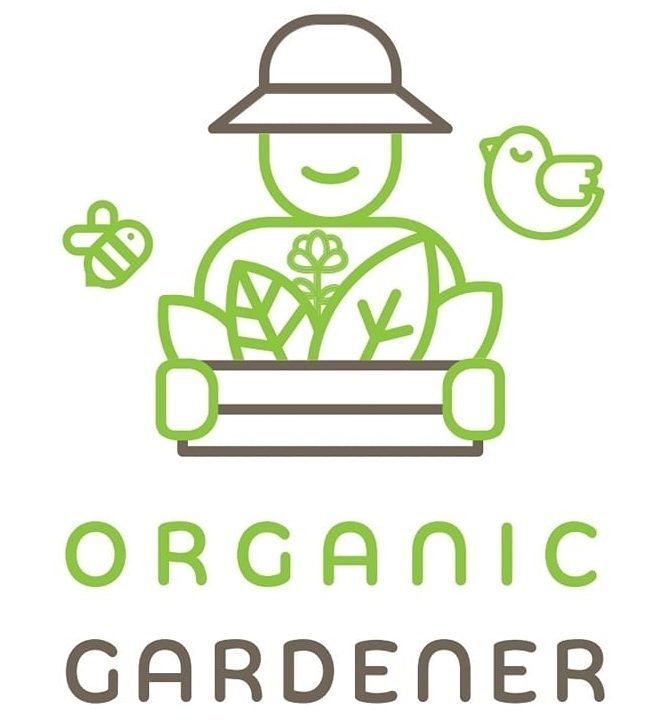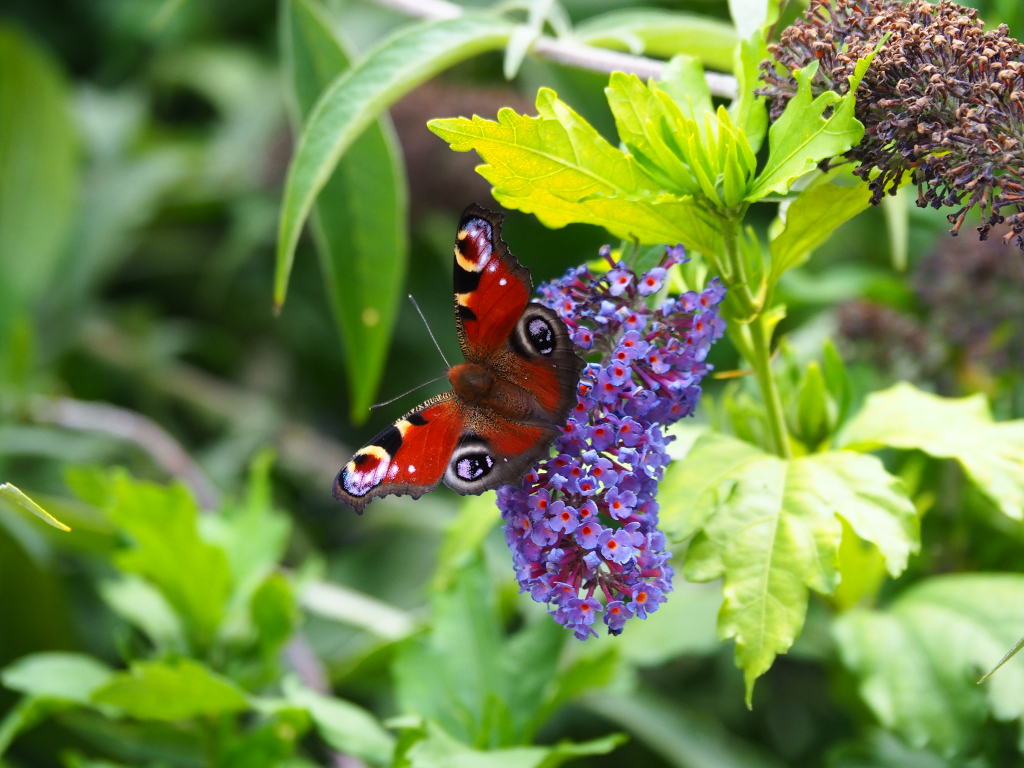Organic gardening is becoming a popular option as more and more people are looking to reduce their exposure to pesticides.
In this blog post, we’ll provide you with some tips on how to get started, as well as some resources that will help you further your knowledge of organic gardening.
Understanding the Basics of Organic Gardening
Organic gardening involves growing plants without the use of artificial pesticides and insecticides. This is a more traditional style of gardening, as it is working by the principles of natures instead of working against nature. By using natural fertilisers and compost to enrich the soil instead of artificial chemical fertilisers, this type of gardening preserves the health of the soil and plants alike. Organic gardeners grow plants in a way that benefits the environment.
Research: Which Plants are Best Suited for Organic Gardening?
The easiest way to be sure about plants grown without pesticides are plants/seeds/bulbs that are certified organic by soil association or european organic certified or choose for eco-friendly grown plants.
There are a lot of plants to choose from. From flowering perennials to vegetables, to herbs and fruit trees, there’s a wide variety to keep your garden interesting.
However, if you’re new to gardening, you may not know which plants to grow for the best results. Some plants grow easily, while others require a little more care.
It is important to do your research and learn about the type of soil in your garden so you know which plants will be easiest to care for. That way, you can spend your time enjoying gardening instead of worrying about your plants.
Recommended plants for a beginner gardener are tomatoes, strawberries, and beans. These plants are easy to grow into healthy, vibrant plants.
Another plant that is especially suited for beginners is lettuce. It is quick-growing and is able to withstand a wide variety of different types of growing conditions. When growing vegetables, it helps to do your research and choose plants that will grow well in your climate.
For example, if you live in a climate with cold winters, you may want to plant some winter vegetables like kale, peas, or spinach.
Some examples of flowers that are best for a beginner gardener include daffodils, geraniums, nepeta and salvia. These plants are absolutely gorgeous and will add colour and beauty to your garden.
If you are shopping for organic flower bulbs, then you may want to consider our previous blog post “Why Choose Organic Flower Bulbs?” for some recommendations on the bulbs that you should get started with.
Learn how to Make Your Own Compost and Fertiliser
Cultivating your own organic garden is a great way to not only reduce waste but also save money.
Learning how to make your own compost and fertilisers from waste is extremely beneficial. In order for you to make an effective compost pile, it’s essential for you to first gather your ingredients.
This could mean composting vegetable scraps like carrot peels and potato peels, grass clippings, leaves from plants such as cabbage and broccoli, and anything else that the kitchen throws out that won’t go into the bin.
Once you’ve gathered all of the scraps, you can combine them by layering them one on top of the other. If you have a lot of fruit or vegetables that you do not want right now, you can dry them and add them to the soil.
Making your own compost and fertilisers is a great way to reduce your impact on the environment. It has many benefits for your organic garden, such as helping you avoid using synthetic fertilisers and pesticides. Composting is a natural and safe way to recycle organic waste back into soil.
Not only is this beneficial for the gardener and the environment, but it also ensures that the soil has enough nutrients to work effectively.
Get Tips on Crop Rotation and Companion Planting
Crop rotation is the practice of alternating the different types of plants you grow in a given space over time.
For example, if you’re growing vegetables in the ground and placing some in the greenhouse, then you rotate between the two every year. Crop rotation is a great way to ensure that your garden is productive for years to come.
Companion planting is the practice of planting various crops together – either in the same space or in close proximity – to promote healthy growth in your garden. For example, you could plant cabbage and radishes next to each other in an area of your garden that receives plenty of sunlight.
The radishes will shade the cabbage, keeping it from flowering and producing fruit. You can get many tips on both of the above by talking to local gardeners or going to the library.
Crop rotation and companion planting are beneficial gardening techniques for all garden types. Once you have learned the basics, you will soon be on your way to mastering the basics of organic gardening.
Discover Ways To Keep Your Garden Looking Beautiful all Year Round
There are many ways to keep your garden looking beautiful all year round. In fact, there are too many to mention them all here.
A good place to start with this, though, would be to look into plants and flowers that bloom all year round. There are many good reasons why you should pick year-round bloomers, the first being that they’re low maintenance.
Which means that even though you’ll still need to do a certain amount of pruning and trimming, you won’t have to go too far because you won’t need to do it that often. There are many ways you can discover to keep your entire garden looking beautiful all year round.
See What Diseases and Pests Are Commonly Found in Your Area
When starting out with organic gardening, it is vital that you research the common pests and diseases in your area and take steps to protect your garden from them.
You may be able to learn which pests and diseases are most common in your area by speaking to a local gardener or neighbour or by reading online. By learning more about which pests and diseases are most common in your area, you can take steps to prevent them from reaching your garden, or at least how to treat them if they do occur.
Also, make sure you use organic pest control methods whenever possible, as this will protect the environment. Knowing the types of diseases that affect plants in your area gives you the chance to take precautionary measures to avoid them affecting your garden.
Having the necessary knowledge about how to protect your garden from pests and diseases is a must. Knowing the plants in your garden and their personalities helps you know when to pay attention.
Summary
Organic gardening can be a fun and rewarding experience, and it’s also a great way to improve your environment and help the planet.
By following the tips we’ve provided in this post, you should be able to get started on your organic garden with ease. If you have any questions or need help getting started, then you can get in touch with us.


